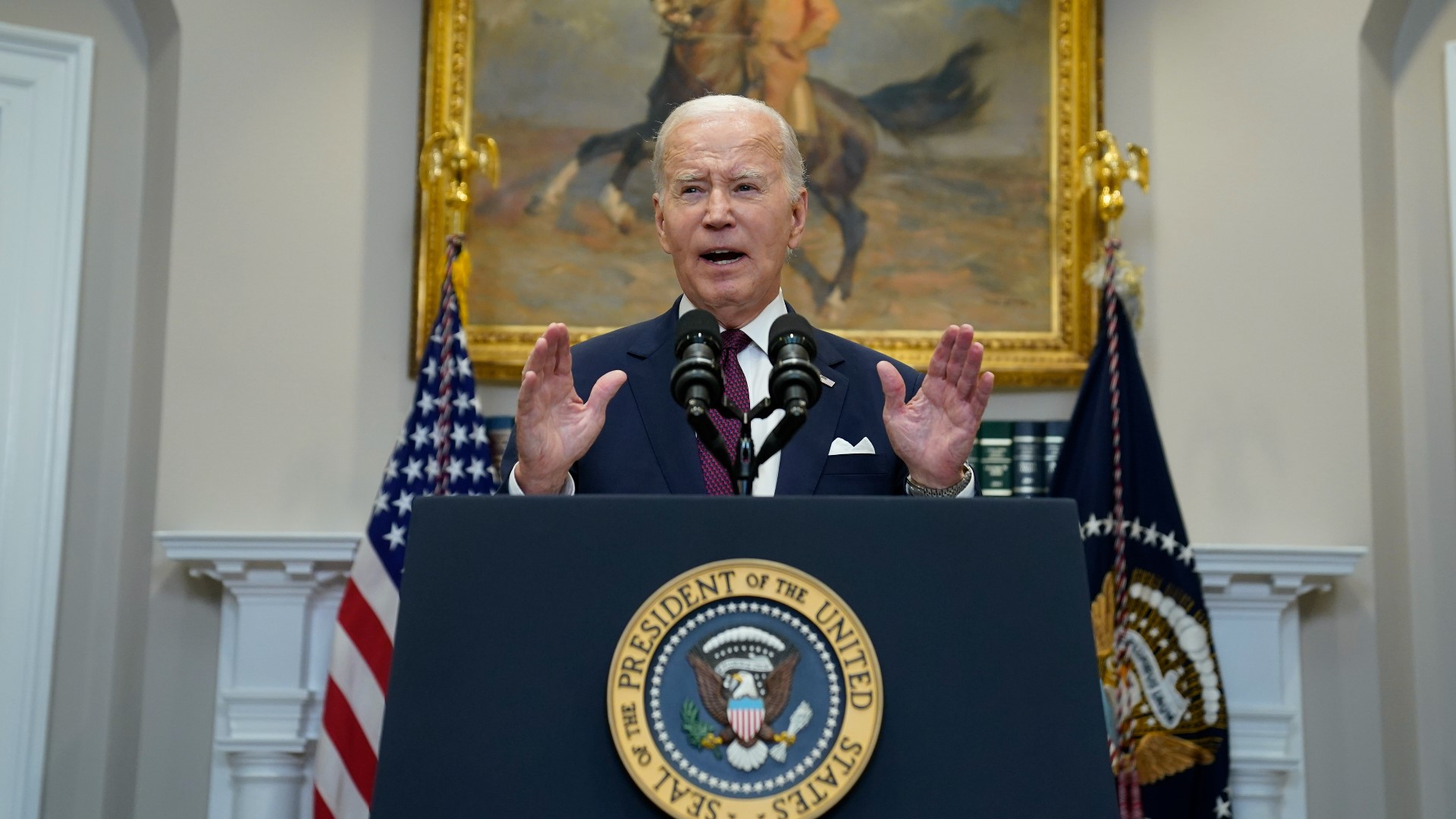PORTLAND, Ore. — Colleges and universities around the country, and in the Northwest, are reacting to the Supreme Court reversing affirmative action in college admissions, declaring race cannot be a factor.
The court’s decision will force universities to reshape their admissions practices, especially at top schools that are more likely to consider the race of applicants.
The court's conservative majority overturned admissions plans at Harvard and the University of North Carolina, the nation's oldest private and public colleges.
The vote was 6-3 in the UNC case and 6-2 in the Harvard case, where Justice Ketanji Brown Jackson recused herself because she had been a member of an advisory governing board there.
Presidents of many colleges around the country quickly issued statements affirming their commitment to diversity regardless of the court’s decision. Here's what some of the schools in the Pacific Northwest are saying.
Portland State University
The university, which has around 22,000 students, called the decision to end affirmative action "deeply disappointing."
"While Portland State does not employ race-based admission decisions, we serve more racially diverse students than any other public university in Oregon," a statement from the university read.
"PSU is committed to dismantling systems of racial oppression and is taking intentional action — what we believe to be essential and affirmative action — to work toward a society in which students who have been historically disadvantaged and discriminated against can thrive.”
Oregon State University
The university, based in Corvallis and with around 35,000 students, said its leaders will be "actively engaged" over the next days and weeks to figure out the impact, if any, of the rulings for the school.
"Even with this ruling, let me make clear: OSU will continue to admit every qualified Oregon student who applies," said Oregon State University President Jayathi Murthy. "This is a foundational part of the university’s commitment to access, inclusivity and excellence. We also will continue to increase the diversity of the university’s student body by admitting talented and promising students from across the nation and the world."
"While OSU does not consider an applicant’s race or ethnicity in making admission decisions, the university strongly affirms the importance of a diverse student body to advance the university’s teaching, research and engagement mission."
University of Oregon
The University of Oregon said it shared the concerns and disappointment expressed from universities around the country, and added it will be reviewing the decision carefully to make any changes needed to comply while still achieving its diversity, equity and inclusion goals to provide education access to students.
The statement said in part: "The decision will not change our unwavering commitment to admitting students based on a comprehensive review of their capacity for excellence, a strategy that has vigorously supported our values of diversity, equity, inclusion, and belonging. The UO will continue to seek to attract and retain underrepresented and underserved students while providing them with equitable and inclusive access to higher education. This is critical to our mission of inclusive excellence. "
University of Washington
Washington is among nine states that already prohibit any consideration of race in college admissions after voters passed state Initiative 200 in 1998.
The University of Washington's president posted on social media noting this, and added it will still review the Supreme Court's action to evaluate impacts.
"The University of Washington remains firmly committed to creating opportunity and expanding access to world-class education for students from all backgrounds. This is central to our public mission as the University FOR Washington," said Ana Mari Cauce.
Washington State University
The university based in Pullman, with a campus in Vancouver, said it was convening "a cross-functional team to assess all policies and programs that could be impacted by today’s decision."
The statement from university president Kirk Schulz said, "While we will review the court’s ruling and abide by its decision, it’s our duty — and our pledge — to continue to address the systemic discrimination and biases that hinder students of color. It’s a commitment the university already works hard to uphold in a state where affirmative action programs have been prohibited in public hiring, education, and contracting since 1998."

